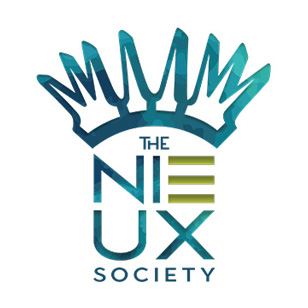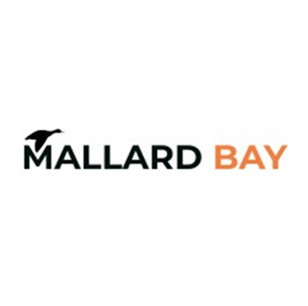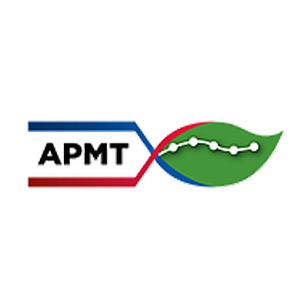SEC Says Demo Days and Pitch Events May Not Be General Solicitation
Startups rely on demo days and pitch contests to get word out about their companies and to begin the process of building relationships with investors. People in startup land have often wondered whether a demo day or pitch contest constitutes a “general solicitation” for purposes of the securities laws.
Prior to 2013, companies could not offer investors a chance to invest in their companies by making a general announcement to the public or a segment of the public. In September 2013, the SEC changed the rules to allow companies to seek investment through general solicitations made to investors. Companies seeking investments through such general advertisements or appeals must take the extra step of verifying that their investors are “accredited” (generally, meaning “wealthy”).
Since 2013, many have speculated about whether companies pitching at demo days are conducting a “general solicitation.” A summary of the changes and requirements for a general solicitation of investment can be found here. This can be a really powerful method for raising money if companies have large user or customer bases or have popular appeal.
On August 6, 2015, the SEC finally indicated its position that a demo day usually does not constitute a general solicitation if companies are not offering potential investment opportunities to the audience. According to the SEC, “whether a demo day or venture fair constitutes a general solicitation for purposes of Rule 502(c) is a facts and circumstances determination. Of course, if a presentation by the issuer does not involve an offer of a security, then the requirements of the Securities Act are not implicated.” This confirms our previous analysis of this issue. If your company is not pitching the investment opportunity, then you are probably not generally soliciting investment. A future post will discuss what types of information can be included in pitch decks without causing problems with the SEC.
The SEC also stated that some “invite only” demo days would not constitute a general solicitation. For example, where attendance at the demo day or venture fair is limited to persons with whom the issuer or the organizer of the event has a pre-existing, substantive relationship, no general solicitation will be found. Or, if the attendees of the event have been contacted through an informal, personal network such as an “angel investor” group, you may not be generally soliciting for purposes of the securities regulations.
If potential investors are invited to the presentation by the issuer or a person acting on its behalf by means of a general solicitation and the presentation involves an “ask” for investment, then that company will have to rely on Rule 506(c). As noted above, if you do generally solicit investment from investors whom you do not know, then Rule 506(c) generally requires that your company take reasonable steps to verify that any investor is an accredited investor and all investors investing based on that pitch are limited to accredited investors. The recent guidance can go a long way to reducing the chances that a demo day automatically constitutes a general solicitation.
Disclaimer: This post discusses general issues, but it does not constitute legal advice in any respect. No reader should act or refrain from acting on the basis of any information presented herein without seeking the advice of counsel. Graffagnini, L.C. and the author expressly disclaim all liability in respect of any actions taken or not taken based on any contents of this post.
Startups rely on demo days and pitch contests to get word out about their companies and to begin the process of building relationships with investors. People in startup land have often wondered whether a demo day or pitch contest constitutes a “general solicitation” for purposes of the securities laws.
Prior to 2013, companies could not offer investors a chance to invest in their companies by making a general announcement to the public or a segment of the public. In September 2013, the SEC changed the rules to allow companies to seek investment through general solicitations made to investors. Companies seeking investments through such general advertisements or appeals must take the extra step of verifying that their investors are “accredited” (generally, meaning “wealthy”).
Since 2013, many have speculated about whether companies pitching at demo days are conducting a “general solicitation.” A summary of the changes and requirements for a general solicitation of investment can be found here. This can be a really powerful method for raising money if companies have large user or customer bases or have popular appeal.
On August 6, 2015, the SEC finally indicated its position that a demo day usually does not constitute a general solicitation if companies are not offering potential investment opportunities to the audience. According to the SEC, “whether a demo day or venture fair constitutes a general solicitation for purposes of Rule 502(c) is a facts and circumstances determination. Of course, if a presentation by the issuer does not involve an offer of a security, then the requirements of the Securities Act are not implicated.” This confirms our previous analysis of this issue. If your company is not pitching the investment opportunity, then you are probably not generally soliciting investment. A future post will discuss what types of information can be included in pitch decks without causing problems with the SEC.
The SEC also stated that some “invite only” demo days would not constitute a general solicitation. For example, where attendance at the demo day or venture fair is limited to persons with whom the issuer or the organizer of the event has a pre-existing, substantive relationship, no general solicitation will be found. Or, if the attendees of the event have been contacted through an informal, personal network such as an “angel investor” group, you may not be generally soliciting for purposes of the securities regulations.
If potential investors are invited to the presentation by the issuer or a person acting on its behalf by means of a general solicitation and the presentation involves an “ask” for investment, then that company will have to rely on Rule 506(c). As noted above, if you do generally solicit investment from investors whom you do not know, then Rule 506(c) generally requires that your company take reasonable steps to verify that any investor is an accredited investor and all investors investing based on that pitch are limited to accredited investors. The recent guidance can go a long way to reducing the chances that a demo day automatically constitutes a general solicitation.
Disclaimer: This post discusses general issues, but it does not constitute legal advice in any respect. No reader should act or refrain from acting on the basis of any information presented herein without seeking the advice of counsel. Graffagnini, L.C. and the author expressly disclaim all liability in respect of any actions taken or not taken based on any contents of this post.
























